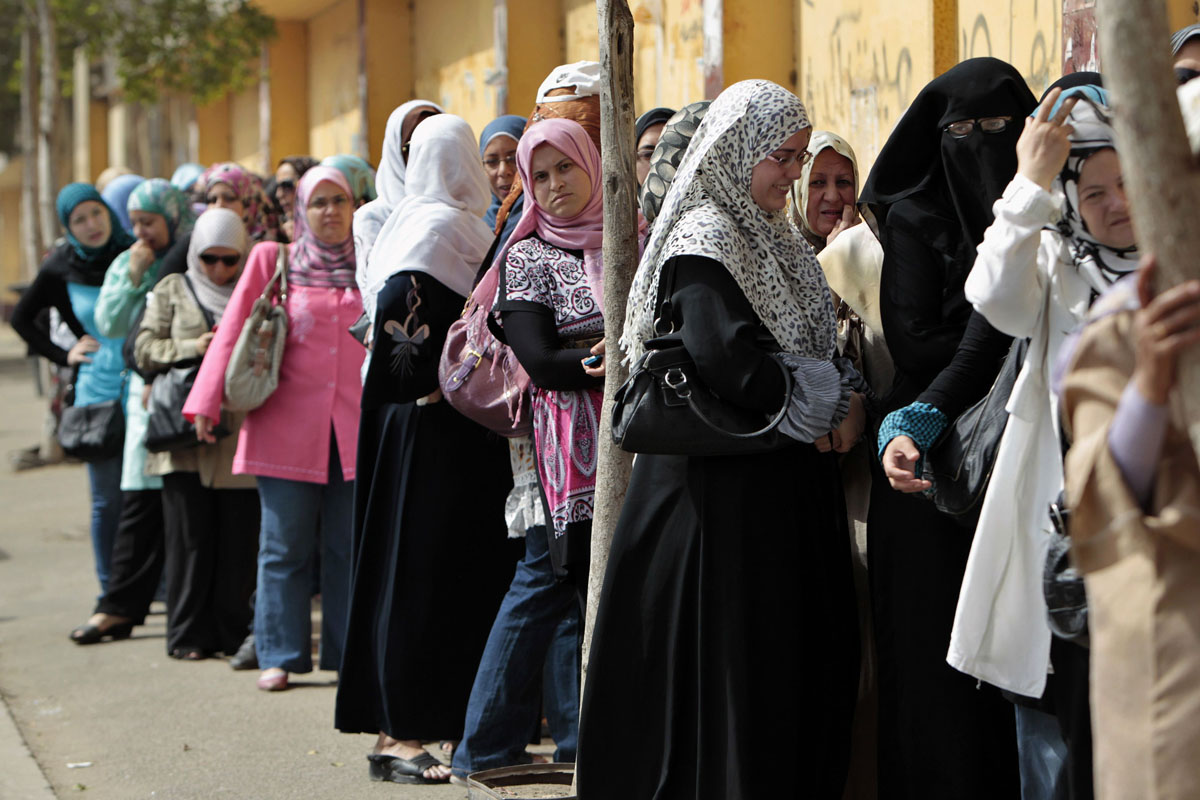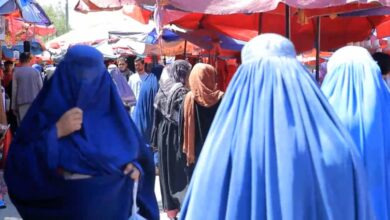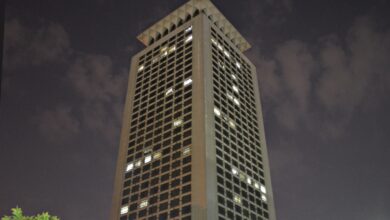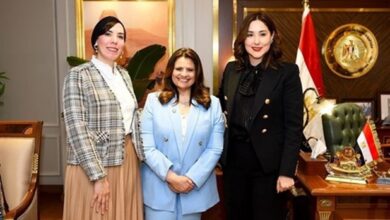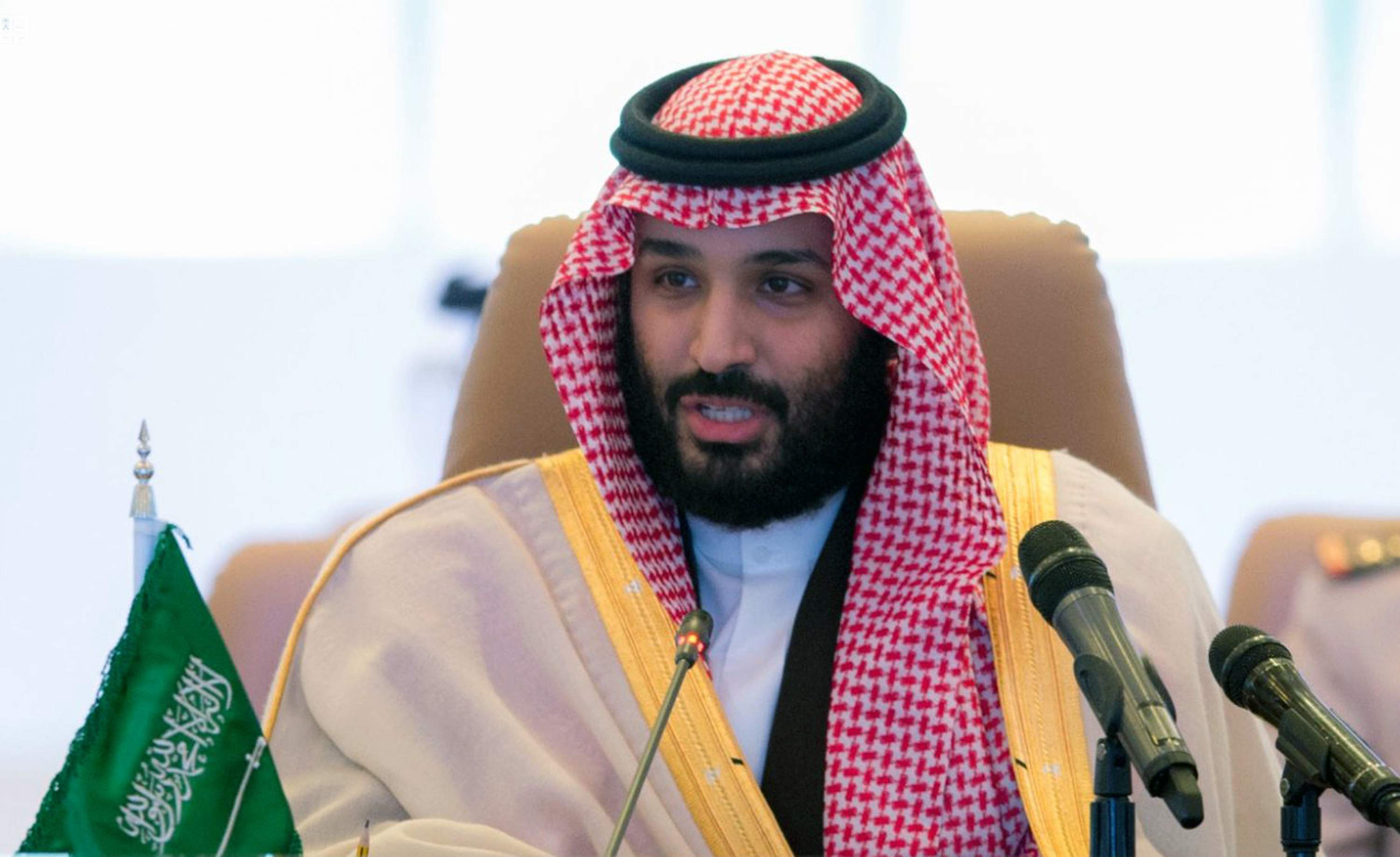
Saudi Arabia detained two more women’s rights advocates earlier this month and imposed a travel ban on several others in an ongoing crackdown in the conservative Muslim kingdom, Human Rights Watch (HRW) said on Wednesday.
The arrests, just weeks before the much-hyped lifting of a decades-old ban on women driving, have revived criticism of Crown Prince Mohammed bin Salman’s approach to ambitious reforms as part of his push to diversify the world’s top oil exporter’s economy.
The powerful young heir apparent is trying to open up the kingdom by easing strict social rules, but reforms hailed as proof of a new progressive trend have been accompanied by a crackdown on dissent, souring that image.
Activists and diplomats have speculated that the new wave of arrests may be aimed at appeasing conservative elements opposed to reforms and that it may be a message to activists not to push demands out of sync with the government’s own agenda.
HRW said the authorities had arrested writer and activist Nouf Abdelaziz on June 6 after she expressed solidarity with seven activists detained in May.
Mayaa al-Zahrani was arrested after she reportedly posted a letter online that Abdelaziz asked her to make public in case of her arrest, HRW said, adding that both women are being held incommunicado.
Many of those detained in May were women who previously campaigned for the right to drive. The authorities accused them of suspicious contacts with “enemies overseas” and said more suspects were being sought.
In total around 12 prominent activists have been detained since May, according to their associates, drawing expressions of concern from the UN human rights office. Some were later released.
Those still in detention include Loujain al-Hathloul, Eman al-Nafjan, and Aziza al-Yousef plus the men Ibrahim al-Modaimeegh, Mohammad al-Rabea and Abdulaziz al-Meshaal.
A government communications office did not immediately respond to a request for comment.
“The Saudi government appears determined to leave its citizens without any space to show even rhetorical support for activists jailed in this unforgiving crackdown on dissent,” said Sarah Leah Whitson, Middle East director at HRW.
“Nouf Abdelaziz and Mayaa al-Zahrani’s only ‘crime’ seems to be expressing solidarity with their fellow imprisoned activists.”
Prince Mohammed has won praise at home and abroad for his modernization efforts, but he has also provoked unease with shock moves including an anti-corruption purge last year, when scores of royals and top businessmen were detained at the Ritz-Carlton Hotel in Riyadh. Most were freed after reaching settlements with the government.

